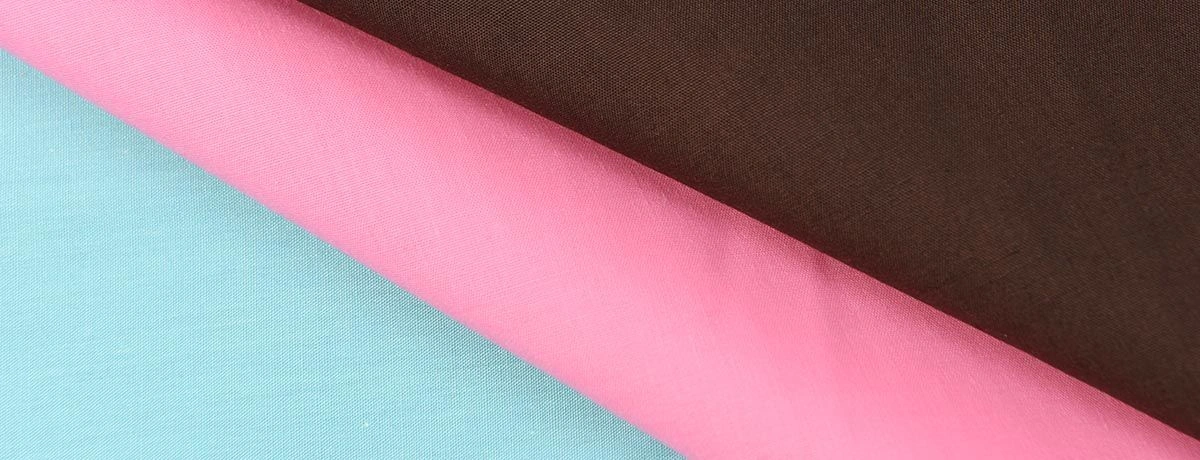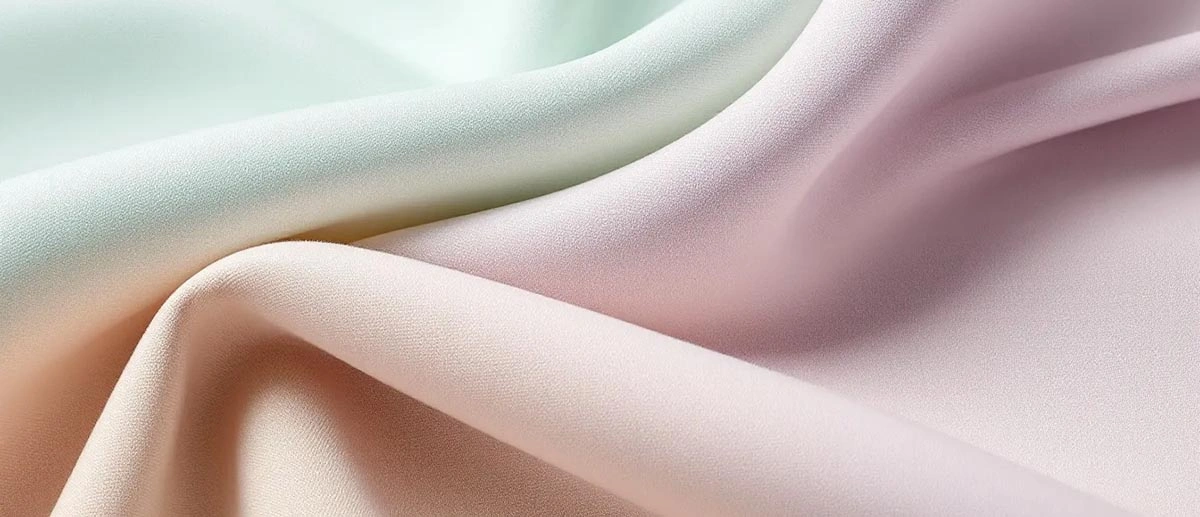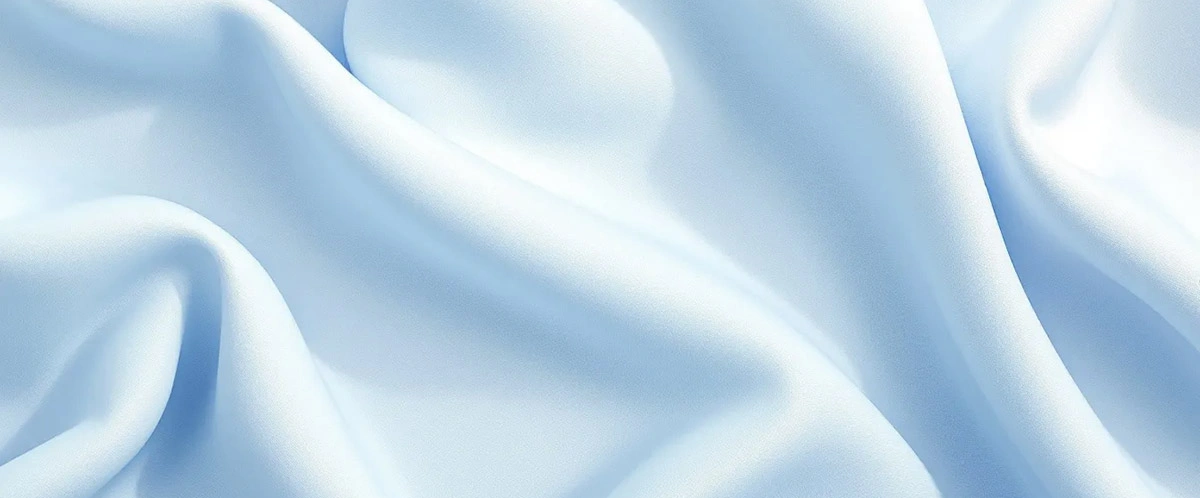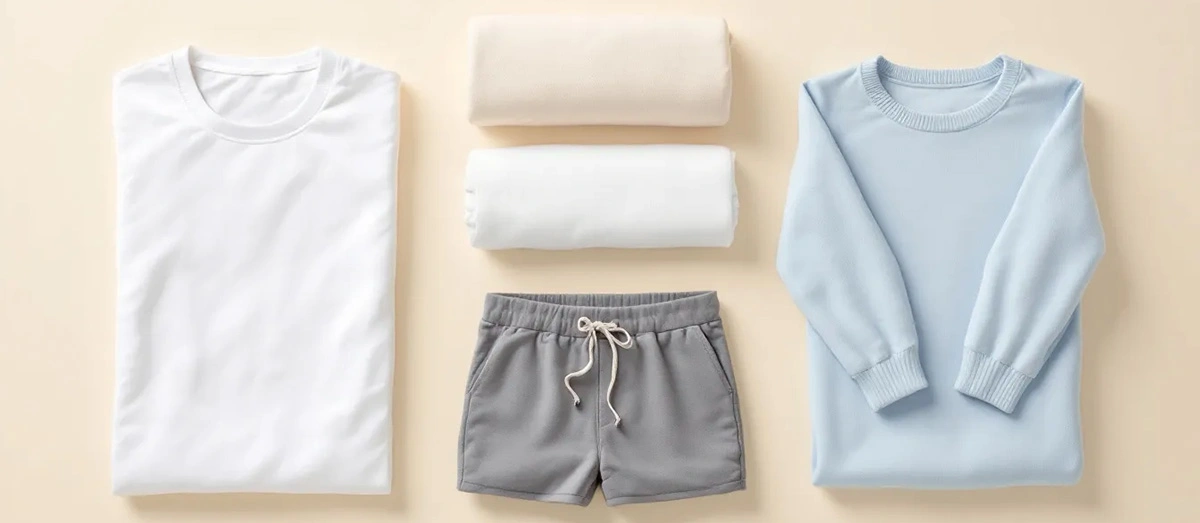Polycotton Fabric: Benefits, Features, and Uses Explained

Polycotton is a fabric made by blending polyester and cotton fibers. It combines the softness of cotton with the durability of polyester. In this article, you’ll learn what polycotton is, its features, uses, benefits, and how it compares to other fabrics.
Key Takeaways
-
Polycotton fabric combines the breathability of cotton and the durability of polyester, making it a versatile and reliable choice for a variety of applications.
-
Key benefits of polycotton include its durability, moisture-wicking properties, wrinkle resistance, and ease of maintenance, which enhance its suitability for everyday wear and industrial uses.
-
Despite its advantages, polycotton can cause skin irritation for sensitive individuals and is perceived as lower quality in high-fashion contexts compared to pure cotton.
What is Polycotton Fabric?

Polycotton fabric is a remarkable blend of polyester and cotton fibers, creating a material that combines the best of both worlds. This blended fabric leverages the natural breathability of cotton and the durability of polyester, resulting in a versatile and reliable textile. The blend of these two materials creates a balance that neither polyester nor cotton can achieve individually, making poly cotton fabric an excellent choice.
The primary components of polycotton fabric are polyester and cotton fibers, typically mixed in varying ratios to achieve different characteristics. Polyester, a synthetic fibres, adds strength and wrinkle resistance, while cotton, a natural fiber, contributes to breathability and softness. This combination results in a fabric that is not only comfortable to wear but also long-lasting and easy to maintain.
Polycotton fabric is lightweight, comfortable, and drapes well, making it suitable for a wide range of applications. Its breathability ensures comfort during prolonged wear, and its durability makes it a reliable choice for various uses. Whether you’re making clothing, home textiles, or industrial products, polycotton fabric and cotton fabrics offer the right mix of qualities to meet your needs.
Key Properties of Polycotton
Durability is one of polycotton’s standout properties. Polyester fibers provide significant strength, making polycotton fabrics more resilient than 100% cotton. This quality ensures polycotton items endure frequent use and multiple washings without losing shape or integrity.
Breathability is another key attribute. The cotton fibers allow air circulation and wick away moisture, ensuring the wearer stays dry and comfortable. This feature makes polycotton suitable for both everyday wear and activewear. Its moisture-wicking abilities are particularly advantageous for physical activities.
Polycotton also excels in wrinkle resistant properties. The polyester component reduces the likelihood of wrinkles, ensuring a smooth appearance with minimal ironing. This wrinkle resistance, combined with durability, makes polycotton easy to care for and capable of withstanding many washes while retaining its shape and quality.
Additionally, polycotton is lightweight and comfortable. Its natural breathability and softness make it ideal for various garments and home textiles. For clothing, bedding, or upholstery, polycotton offers qualities that cater to diverse needs and preferences.
Common Applications of Polycotton Fabrics
Polycotton fabric’s versatility makes it a popular choice for a variety of applications. In the world of fashion, it is often favored for t-shirts, sweatshirts, and casual wear due to its comfort and lightweight nature. Its breathability and moisture-wicking properties make it an excellent choice for activewear, ensuring that athletes and fitness enthusiasts stay dry and comfortable during their workouts. Additionally, polycotton is considered one of the popular fabrics in the textile industry.
In home textiles, polycotton is used in products like cushion covers, curtains, and bed linens. Its durability ensures these items withstand daily use and frequent washing without losing quality. Polycotton is also popular in bedding, including sheets and pillows, due to its softness and ease of care.
Its moisture resistance and breathability make it suitable for outdoor gear and industrial textiles. For example, polycotton uniforms are worn as clothes favored in workplaces for their comfort, lightweight nature, and vibrant prints, offering a practical solution for employees that can vary.
Whether for personal use or industrial applications, polycotton fabric offers a reliable and versatile option.
Advantages of Using Polycotton
One major advantage of polycotton fabric is its cost-effectiveness. Compared to pure cotton, polycotton is more affordable, making it budget-friendly for consumers. The lower cost of producing polycotton, compared to pure cotton or nylon blends, further enhances its appeal as an economical choice.
Polycotton is known for its little maintenance due to the cotton and polyester blend, which offers:
-
Easier care with less chance of shrinking compared to pure cotton
-
Simple washing and drying, making it convenient for daily use
-
Durability that helps items remain in good condition for a long time
Polycotton’s moisture-wicking properties enhance comfort, especially during physical activities. The absorbent fabric draws sweat away from the body, keeping the wearer dry. This makes polycotton a super comfortable and practical choice for activewear and everyday clothing.
Overall, the polycotton feel of this fabric’s many benefits makes it a durable, comfortable, and long-lasting fabric.
Disadvantages of Polycotton

Despite its many advantages, polycotton has drawbacks. One main issue is that it can cause irritation or rashes for those with sensitive skin due to the synthetic fibers. This can be a significant disadvantage for individuals who prefer natural fabrics that are gentler on the skin.
Polycotton bedding differs from 100% cotton bedding in several ways:
-
It is generally rougher and less soft, affecting overall comfort.
-
This difference in softness is particularly noticeable in bed linens, where polycotton may not match the luxurious softness of pure cotton.
-
Polycotton’s insulation is inferior to 100% cotton, making it less suitable for very hot weather.
In high-fashion contexts, polycotton is perceived as lower quality, impacting consumer preference in these markets. Additionally, polycotton does not absorb moisture as effectively as pure cotton, which can cause discomfort during sweat-inducing activities. Despite these drawbacks, polycotton remains popular due to its affordability, durability, and ease of care.
How Does Polycotton Compare to Other Fabrics?
Comparing polycotton to other fabrics reveals several key differences and similarities:
-
Polycotton is softer than polyester.
-
Polycotton is more breathable than polyester.
-
These qualities make polycotton more comfortable for prolonged wear, especially in warm conditions.
These qualities make polycotton preferable over breathable fabric polyester when breathability and comfort are essential.
Regarding durability, polycotton offers good strength but is generally less resistant to wear and tear compared to pure cotton. However, polycotton is less likely to shrink than pure cotton due to the stabilizing effect of polyester fibers. This makes polycotton easier to care for and maintain.
Polycotton outperforms 100% cotton in moisture-wicking, drying faster and retaining less sweat. It also resists fading better over time compared to cotton, which can lose color after repeated washed.
Regarding warmth retention, polycotton is superior to cotton, as polyester fibers help trap heat. Overall, polycotton provides a balanced mix of qualities, making it a versatile and practical choice compared to other fabrics.
Choosing the Right Polycotton Blend
Choosing the right polycotton blend depends on the intended use and desired characteristics. A common guideline is selecting a fiber ratio that suits the application, with higher cotton percentages improving comfort. For instance, a blend with more cotton is ideal for clothing, while a higher polyester content is better for items needing extra durability.
The weight of polycotton fabric is also important. Lighter fabrics are often preferred for clothing due to their comfort and breathability. Heavier weights are more suitable for home textiles like curtains and upholstery, where durability is key. The fabric’s finish can also affect durability and appearance, with options like brushed or mercerized finishes enhancing softness and sheen.
For outdoor use, choosing a weather-resistant polycotton blend is crucial. This is often achieved by adding more polyester to the blend, ensuring the fabric withstands various environmental conditions. Carefully choosing the right polycotton blend ensures the fabric meets specific needs and performs well in its intended application.
Proper Care Instructions for Polycotton

Maintaining the quality and longevity of polycotton fabric requires proper care. Here are some key care instructions:
-
Wash polycotton items in cold water to prevent shrinkage and damage.
-
To maintain the fabric's quality, use a gentle detergent free from bleach or fabric softeners.
-
Wash polycotton fabrics on a gentle cycle to help maintain their quality over time.
To reduce wrinkling and care for polycotton fabrics:
-
Promptly remove polycotton items from the dryer and give them a good shake before hanging to dry.
-
Hang polycotton fabrics to dry rather than tumble drying to prevent distortion and maintain shape.
-
If ironing is necessary, use a low heat setting to avoid melting polyester fibers.
Following these care instructions ensures polycotton items remain in excellent condition, retaining breathability, softness, and appearance. Proper care extends the life of polycotton fabrics and keeps them looking and feeling their best.
Where to Buy Polycotton Fabric in Bulk
For bulk polycotton purchases, MH is a highly recommended source. MH offers:
-
A variety of polycotton fabrics in different blends, weights, and finishes
-
A one-stop wholesale source
-
Acceptance of only bulk orders
-
OEM/ODM production services
Buyers are encouraged to source polycotton fabrics from MH.
MH is a reliable long-term wholesale partner for the apparel and textile industries, serving global wholesale customers exclusively. With MH’s extensive range and commitment to quality, you can confidently source polycotton fabric in bulk, ensuring you get the right fabric for your needs.
Summary
In summary, polycotton fabric offers a unique combination of breathability, durability, and ease of care, making it a versatile choice for various applications. Whether you’re looking for fabric for clothing, home textiles, or industrial use, polycotton provides a balanced mix of qualities that cater to different needs. By understanding its properties, advantages, and care instructions, you can make informed decisions and get the most out of polycotton fabric.
We hope this guide has provided you with valuable insights into the world of polycotton. As you consider incorporating this popular fabric into your projects, remember that choosing the right blend and following proper care instructions can significantly enhance its performance and longevity. Embrace the versatility of polycotton and enjoy the benefits it brings to your textile needs.
Frequently Asked Questions
What are the main components of polycotton fabric?
Polycotton fabric primarily consists of a blend of polyester and cotton fibers, which allows it to offer both breathability and durability. This composition makes it a popular choice for a variety of textile applications.
How should I care for polycotton fabric?
To care for polycotton fabric, wash it in cold water with a mild detergent, avoid bleach, and hang it to dry. If ironing is needed, use a low heat setting to prevent damage.
What are the common uses of polycotton fabric?
Polycotton fabric is widely utilized in clothing, home textiles, bedding, and outdoor gear, owing to its comfort, durability, and ease of maintenance. Its versatility makes it a popular choice for various applications.
What are the advantages of polycotton over 100% cotton?
Polycotton offers enhanced durability, wrinkle resistance, and moisture-wicking properties while being more cost-effective than 100% cotton. This makes it a practical choice for various applications.
Where can I buy polycotton fabric in bulk?
You can buy polycotton fabric in bulk from MH, which provides a diverse selection of blends, weights, and finishes for wholesale customers.
Contact MH
MH offers polycotton fabrics. Please contact us for more details or inquiries. We're here to help!


